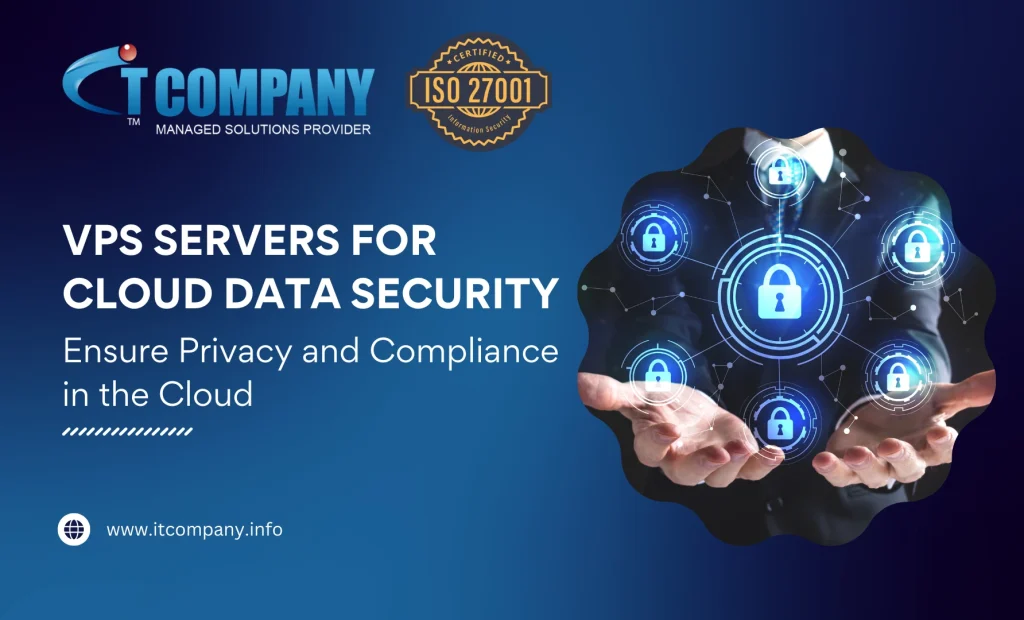
Security cloud data with VPS servers is an extensive protection mechanism to ensure privacy and compliance regulations.
In this article, we’ll explore how VPS servers can improve cloud data security, ensuring both privacy and compliance. We’ll also discuss the importance of using VPS for secure cloud storage and how businesses can benefit from this technology.
Table of Contents
Toggle1. What is a VPS Server?
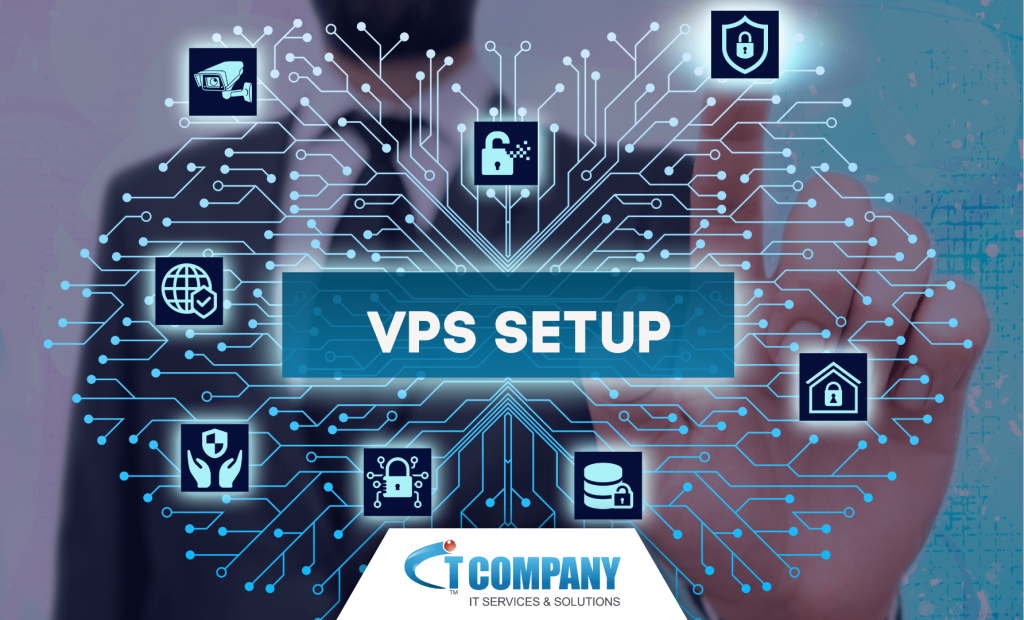
A Virtual Private Server (VPS) is a virtualized server that functions as a dedicated server within a more extensive physical server. It gives users complete control over their virtual environment, allowing them to install software, configure security settings, and manage their data as needed. Unlike shared hosting, where resources are shared with other users, VPS offers more control, better performance, and increased security.
2. How VPS Enhances Cloud Data Security
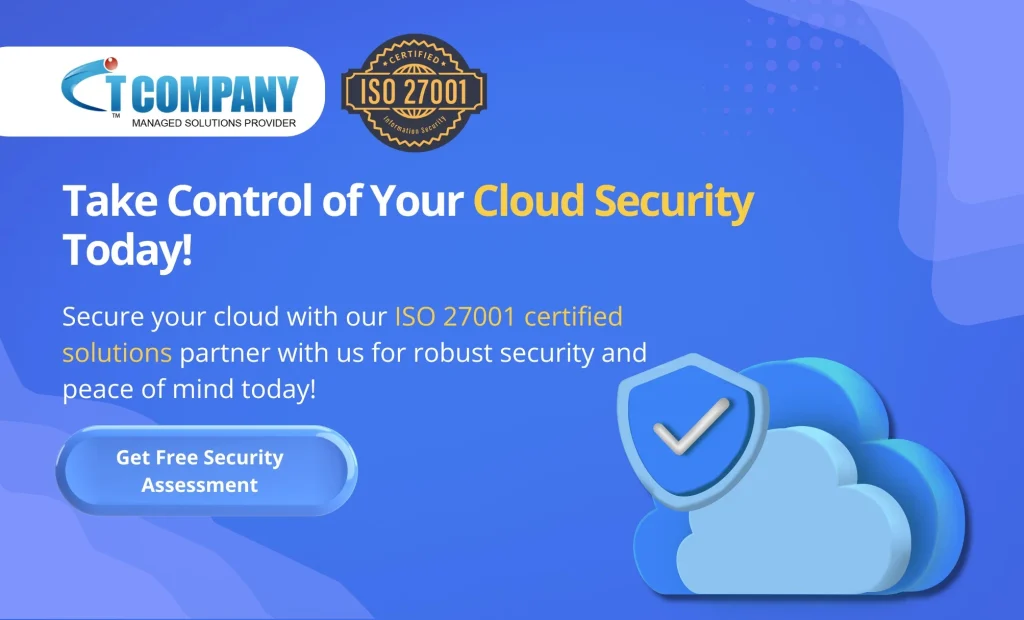
Cloud data security is a major concern for businesses today. With increasing cyber threats, it’s crucial to ensure that sensitive data remains safe and private. VPS servers offer several security advantages that help protect data in the cloud:
a. Isolated Environment
One of the main benefits of VPS is the isolation it offers. Each VPS operates independently of others on the same physical server, so your data is segregated from other users. This isolation reduces the risk of a security breach affecting your business, as malicious activity from other users prevents it.
b. Root Access and Control
VPS gives you full administrative rights, also known as root access, over your virtual server. This level of control allows you to install security patches, configure firewalls, and customize your security settings according to your needs. You can also use encryption techniques to protect data stored on the server.
c. Dedicated Resources
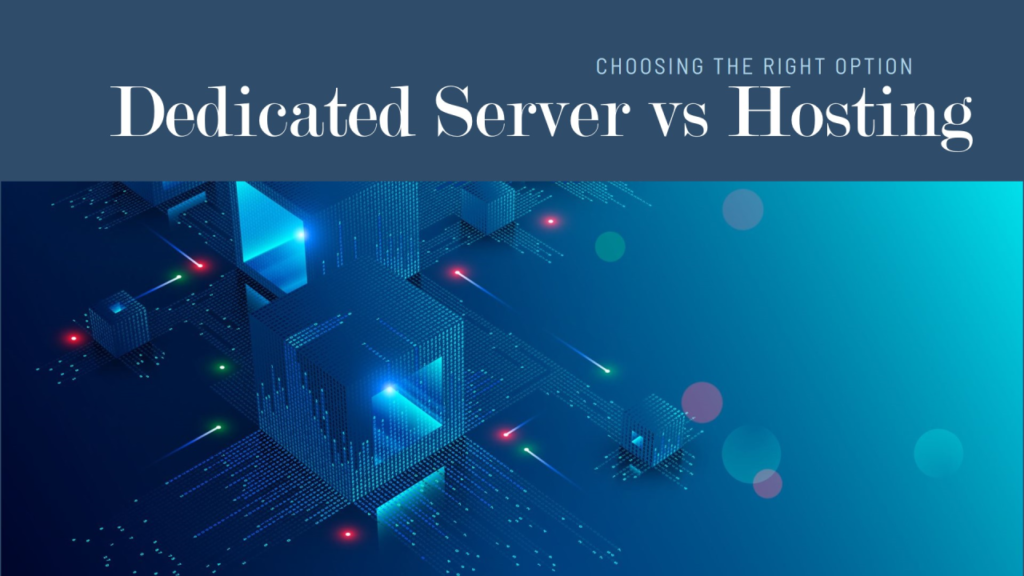
Unlike shared hosting, resource VPS gives you complete administrative rights, also known as root access, over your virtual server. This level of control allows you to install security patches, configure firewalls, and customize your security settings according to your needs. You can also use encryption techniques to protect data stored on the server.
Just as CPU, RAM, and storage are shared, VPS provides dedicated resources for your business, which ensures better performance and more efficient protection against DDoS (Distributed Denial of Service) attacks and other malicious activities. With dedicated resources, your data is less likely to be impacted by the behavior of other tenants on the server.
d. Enhanced Firewall Protection
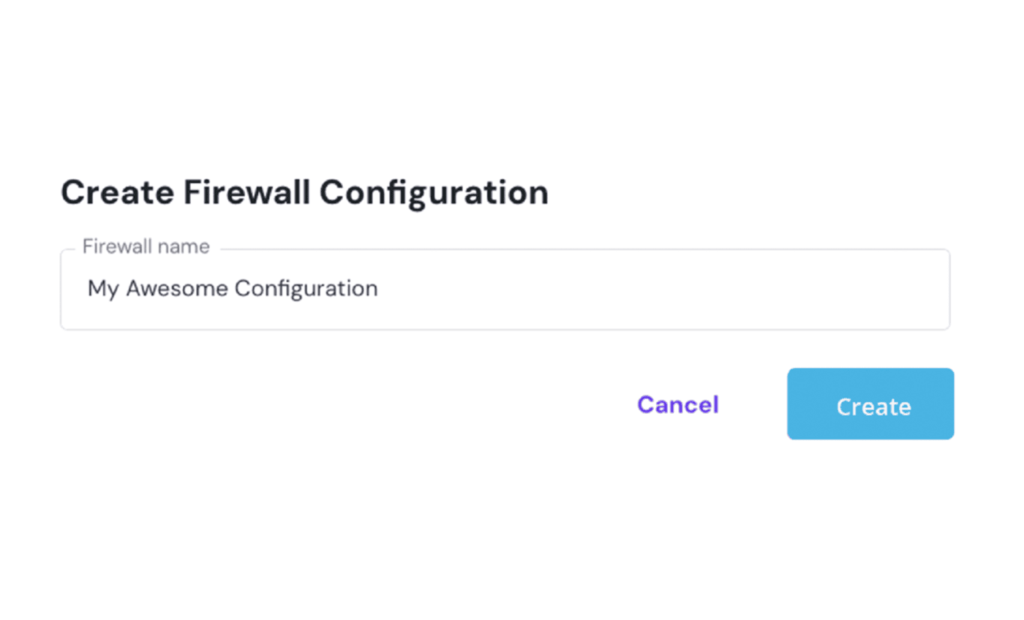
VPS servers often come with built-in firewall systems that monitor incoming and outgoing traffic. Firewalls filter out malicious traffic and protect against unauthorized access. You can also customize firewall rules based on your specific requirements, adding an extra layer of security.
e. Data Encryption

Data encryption is a critical security measure, especially when dealing with sensitive information. VPS servers enable the use of SSL (Secure Socket Layer) certificates to encrypt data during transmission. This ensures that the data exchanged between the server and clients remains confidential and cannot be intercepted by hackers.
3. Benefits of Using VPS for Cloud Data Security
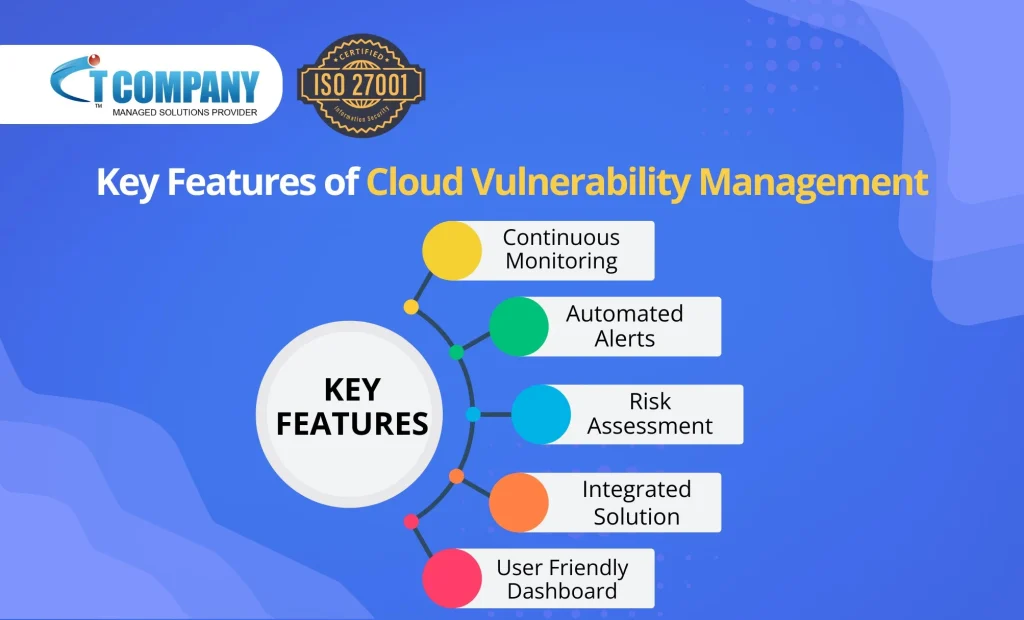
Apart from enhanced security and compliance, there are many other advantages to using a VPS for cloud data storage:
a. Cost-Effective
VPS hosting is often more affordable than using a dedicated server. While VPS offers many of the benefits of a dedicated server, you pay only for the resources you use, making it an excellent option for businesses on a budget.
b. Scalability
VPS hosting allows businesses to scale resources up or down depending on their needs. This flexibility ensures that your business can handle increased traffic or data storage demands without compromising security.
c. Improved Performance
VPS provides dedicated resources that boost website and application performance. This means faster load times and better overall user experience, which can also contribute to improved security by reducing vulnerabilities related to slow server response times.
d. Regular Backups
VPS hosting often includes regular backups of your data, ensuring that your business can recover quickly in case of a disaster or security breach. These backups can help you avoid data loss and maintain continuity.
4. Choosing the Right VPS Hosting Provider
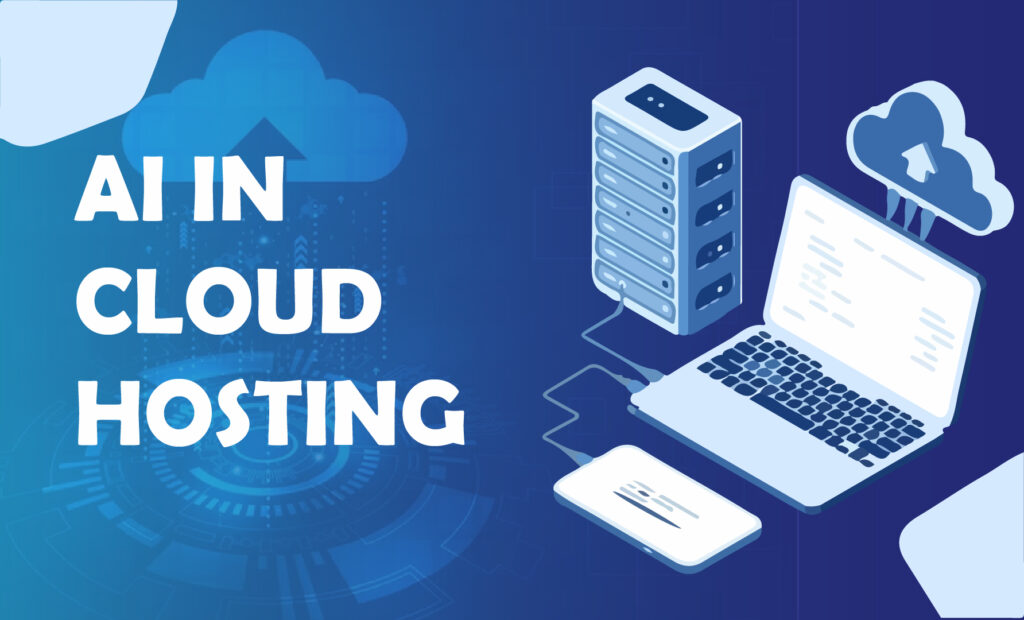
To fully leverage the security benefits of VPS, it’s essential to choose a reliable hosting provider. Here are some factors to consider when selecting a VPS hosting provider:
a. Security Features
Look for a provider that offers built-in security features such as firewalls, and encryption. Some providers also offer managed security services, where experts handle server security on your behalf.
b. Compliance Support
Choose a VPS provider that understands the regulatory requirements relevant to your industry. They should be able to help you implement the necessary measures to ensure compliance with laws such as GDPR, HIPAA, or PCI-DSS.
c. Reputation and Reliability
It’s important to choose a provider with a strong reputation for reliability and uptime. Look for customer reviews and ratings to gauge the quality of service. A reliable VPS provider ensures that your data is secure and accessible at all times.
d. Customer Support
24/7 customer support is crucial for resolving issues quickly and ensuring the internal security of your data. Choose a provider that offers robust technical support channels, including phone, email, and live chat.
5. Conclusion
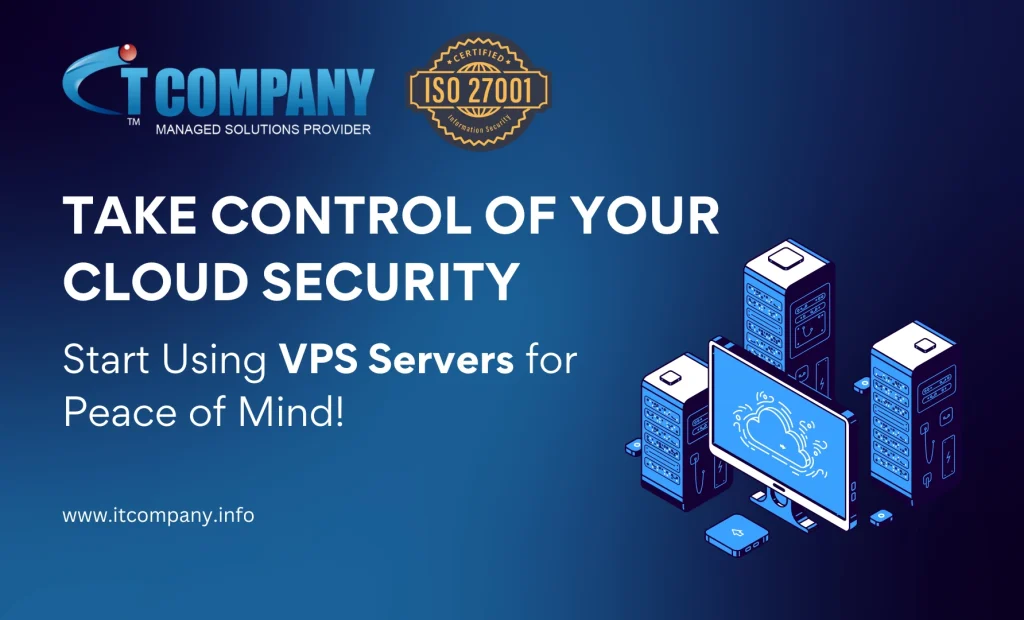
In conclusion, VPS servers offer a robust solution for cloud data security, privacy, and compliance. With features like isolated environments, root access, dedicated resources, and enhanced firewall protection, VPS servers ensure that your data remains secure in the cloud.
If you’re serious about protecting your data and ensuring compliance, VPS hosting is a smart choice for your business.